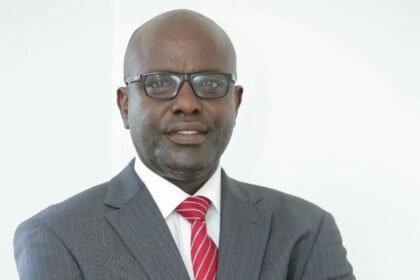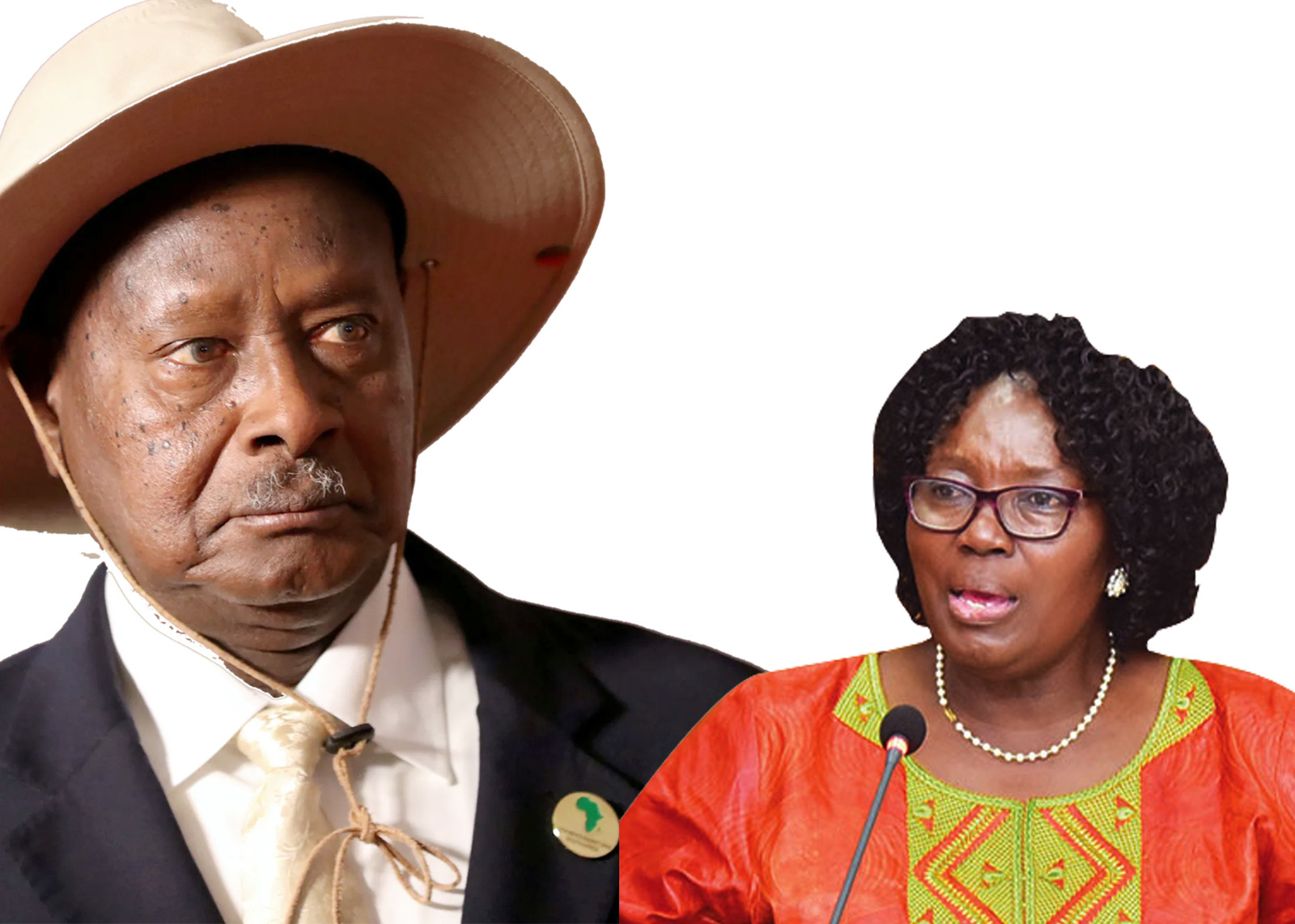By our reporter
When Dfcu Bank shot to Number Three bank in Uganda, there was a party mood among some of its investors, but the celebration is being cut shot with a major investor pulling out of the union.
Dfcu controversially acquired Crane Bank, which made its profit margin jump through the roof, but, the aftermath has left a rotten egg on the face of the commercial bank as well as Bank of Uganda, which might affect its international investors’ reputation in the near future.
After the ugly truths about the deal emerged, many shareholders were not happy that DFCU did not follow corporate governance laws to the letter. For example, it emerged that Bank of Uganda and DFCU signed a secrecy agreement never to disclosure the contents of the deal which involved the sale of Crane bank at a pantry Sh200 billion.
Whereas Crane bank shareholders were left of the negotiations and never got a penny after the sale, it has also emerged that Dfcu’s top management did not fully disclose to its shareholders the details of the business.
The financial sector the world over has become overly monitored with cases of lack of transparency and proper accountability, severely punished. Case in point are accounting and audit giants KPMG and PwC who are to pay heavy fines for failure to carry out due diligence in the course of advising their clients before sale of stakes, which is linked to fraud.
Just this week, PriceWaterhouseCoopers (PWC) has been slapped with a record breaking fine $625 million (appro.sh2,437,500,000,000)for their negligence which led to one of the largest banks, Alabama’s Colonial Bank to collapse in the US state of Alabama. Analysts say, this is one of largest-ever awards for accounting malpractice.
CDC is a bad omen on DFCU
Now, the tsunami has risen out of the seemingly calm sea.
Many questions are rising why a major and oldest investor, CDC which set up shop in 1964 in the country and has been with the bank since 2000 is opting out, when the prospects of making more money with DFCU are high.
CDC owns up to 9.97% of Dfcu with US$15.1 million in equity and US$10m as subordinated loan.
Chimpreports website reported that on June 14 2018, CDC wrote to Dfcu’s top management, announcing plans to sale its stake, and possibly end the relationship.
The communication stated that CDC was “undertaking a review of its investment in DFCU Limited which may lead to the disposal or sale of some or all of its shares in DFCU over the short to medium term.”
Irina Grigorenko, Investment Director in charge of Financial Institutions at CDC added that, “it is our aspiration to exit in a manner that causes minimum disruption to the business and ensures the orderly trading of DFCU’s shares.” And promised that they were in the process of hunting for “like-minded investors who could support DFCU in its new phase of growth.”
The owners of Dfcu include Arise BV (majority shareholder with 58.71% ownership), CDC Group of the United Kingdom (9.97%), National Social Security Fund (Uganda)-7.69%, Kimberlite Frontier Africa Naster Fund (6.15%), SSB-Conrad N. Hilton Foundation (0.98%), Vanderbilt University (0.87%) and Blakeney Management (0.63%). As well as Bank of Uganda Staff Retirement Benefits Scheme (0.59%), Retail investors (11.19%) and two undisclosed Institutional Investors (3.22%).
With almost 10%, some industry observers say Dfcu might not significantly feel the shock since its majority shareholder Arise B.V would absorb the transition.
However, the implication on the investor confidence of the bank is significant, as well as the wealth of expertise that will walk away with CDC.
Insiders say CDC association gave DFCU access to long-term funding to support SMEs, who are the biggest savers and creditors of Dfcu.
Why Britain’s CDC is walking out?
Meera Investments court case
The aftermath of the DFCU’s controversial acquisition of Crane bank saw several court battles coming over the horizons, as former Crane Bank shareholders challenged both Bank of Uganda and Dfcu on a number of illegalities.
Outstanding among others, is former Crane Bank shareholders court suit over property worth millions of dollars, which Dfcu top managers never due diligence to study before taking up the offer of buildings formerly occupied by Crane Bank but owned by another company under the Ruparelia Group.
The property suit which would end in dfcu paying out a lot of money in settlements or when the lose the court battle, says a lot of about the move by the British institution to walk out.
Meera Investments Ltd, one of the business entities owned by city businessman Sudhir Ruparelia, in February 2018 sued dfcu Bank, seeking to reclaim leasehold titles and developments for 48 banking halls taken over by the latter when Crane Bank was liquidated.
In a suit filed before the High Court Land Division, Meera Investments Ltd contends that it is the rightful owner of the land titles and that their transfer to dfcu Bank should have been effected after its consent.
Surprisingly, dfcu Bank wrote in its defence in court that no prior written consent was needed from Meera Investments Ltd in order to effect the transfer of the said certificates of title to them by Bank of Uganda (BoU).
Proving that they never did due diligence, and largely it was because Crane Bank shareholders were locked out of negotiations, DFCU lawyers Sebalu & Lule Advocates said upon BoU taking over Crane Bank and the eventual transfer of its assets and liabilities to them, Crane Bank’s branch network comprising 48 leasehold land titles was accordingly transferred to them.
Meera Investments Ltd however says between 2012 and 2016, it executed several lease agreements with then Crane Bank (now liquidated) and leased several properties to it.
Meera adds that the then Crane Bank agreed to pay $6,000 (about Shs21m) as ground rent for each of the properties at the beginning of every year. On October 25, 2016, BoU took over Crane Bank and suspended all members of its board, saying the then biggest indigenous bank was incurably drained financially and posed a systemic risk to the country’s banking sector. The central bank later sold Crane Bank to dfcu Bank in January 2017 at a pantry 200 billion.
Suspicious Crane bank acquisition
The international community has put in place stringent corporate governance laws, and also made fraud a seriously punished activity.
The move has not only affected banks and business people but also accounting and audit firm, including giants KPMG and PwC. Just this week, PriceWaterhouseCoopers (PWC) has been slapped with a record breaking fine $625 million (appro.sh2,437,500,000,000)for their negligence which led to one of the largest banks, Alabama’s Colonial Bank to collapse in the US state of Alabama. Analysts say, this is one of largest-ever awards for accounting malpractice.
CDC management could have evaluated the risk involved in the mistakes made by the Central bank of Uganda and DFCU management in the acquisition of Crane bank and preferred an early exit to safeguard their reputation and funds.
Meanwhile, CDC have since asked the management of DFCU to do due diligence and update them with information relating to business operations and risk.
Chimpreports website, says, DFCU had since agreed with CDC to subject all the discussions and disclosures to the highest level of confidentiality and that agreements with the potential investors “take place within the regulatory framework set by the Uganda Securities Exchange and Capital Markets Authority.”
This explains the concerns the DFCU investors have in the light of the ongoing battle with the Crane Bank investors as well as Meera Investments.
Do you have a story in your community or an opinion to share with us: Email us at Submit an Article






